In our last round-up of the year, we’ve selected twelve titles from eight countries, with tales of grand adventure and prose of intimate beauty, novels tracing orature or the piecing together of history, rediscovered poetry and letters from literary titans, stories tinged with horror or fantasy. . . All to send the year off the best way we know how: in the company of our world’s brilliant writers.
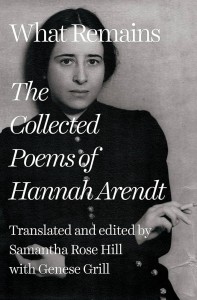
What Remains: The Collected Poems of Hannah Arendt, translated from the German and edited by Samantha Rose Hill with Genese Grill, Liveright, 2024
Review by Liliana Torpey
In What Remains: The Collected Poems of Hannah Arendt, we are invited into the private, poetic life of the author behind the seminal political texts The Origins of Totalitarianism and Eichmann in Jerusalem. The door is not opened by Arendt herself—who never published her poems and seemingly never intended to—but by the volume’s translators, Samantha Rose Hill and Genese Grill, who dove deep into the archives to collect these poems. Reading them feels at once like a gift and a faux-pas, knowing that we are trespassing upon the intimate thoughts and gestures of one of the twentieth century’s great political thinkers.
The entirety of Arendt’s poetic corpus appears in this book. For a lifetime it doesn’t seem like many—seventy-eight in total—but the book’s thorough introduction, translator’s note, and footnotes reveal just how carefully Arendt stewarded these poems over the years. Hill and Grill detail the way that Arendt hand wrote each piece in a notebook or letter, then continued to edit by hand before finally typing up the poems and arranging them chronologically, by season. Packing many of them alongside her essential documents when leaving Germany, her poems “remained among her most prized possessions.”
This care is evident in the poems themselves, which often fall on the shorter and sparser side. It’s clear that Arendt had considered and reconsidered each individual word, trying to communicate what she felt and sensed. In many cases, that world appears to be a rather bleak one: “The sky is in flames, / Heaven is on fire / Above us all, / Who don’t know the way.” While her political writings directly address the mechanisms of violence and authoritarianism, her poems often reveal an unsettling and probing uncertainty.
Alongside—and perhaps stemming from—this uncertainty flows a desire and sensuality that animates Arendt’s curiosity and nostalgia: “Heart warmth / Heart grace / Inhaling deep emotional-being / Sighing softly / Like cloud mist / Audibly trembling touched-being.” Her precision and tenderness are disarming, though not totally distinct from the Arendt that readers may already know. Marked by ambivalence and vulnerability in the face of life’s great mysteries, these poems don’t simply reveal all that we hope to know about Arendt’s internal landscape; instead, they deepen a sense of wonder that hovers, always, just beyond our reach.
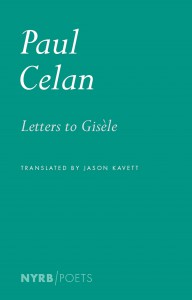
Letters to Gisèle by Paul Celan, translated from the German by Jason Kavett, New York Review Books, 2024 READ MORE…

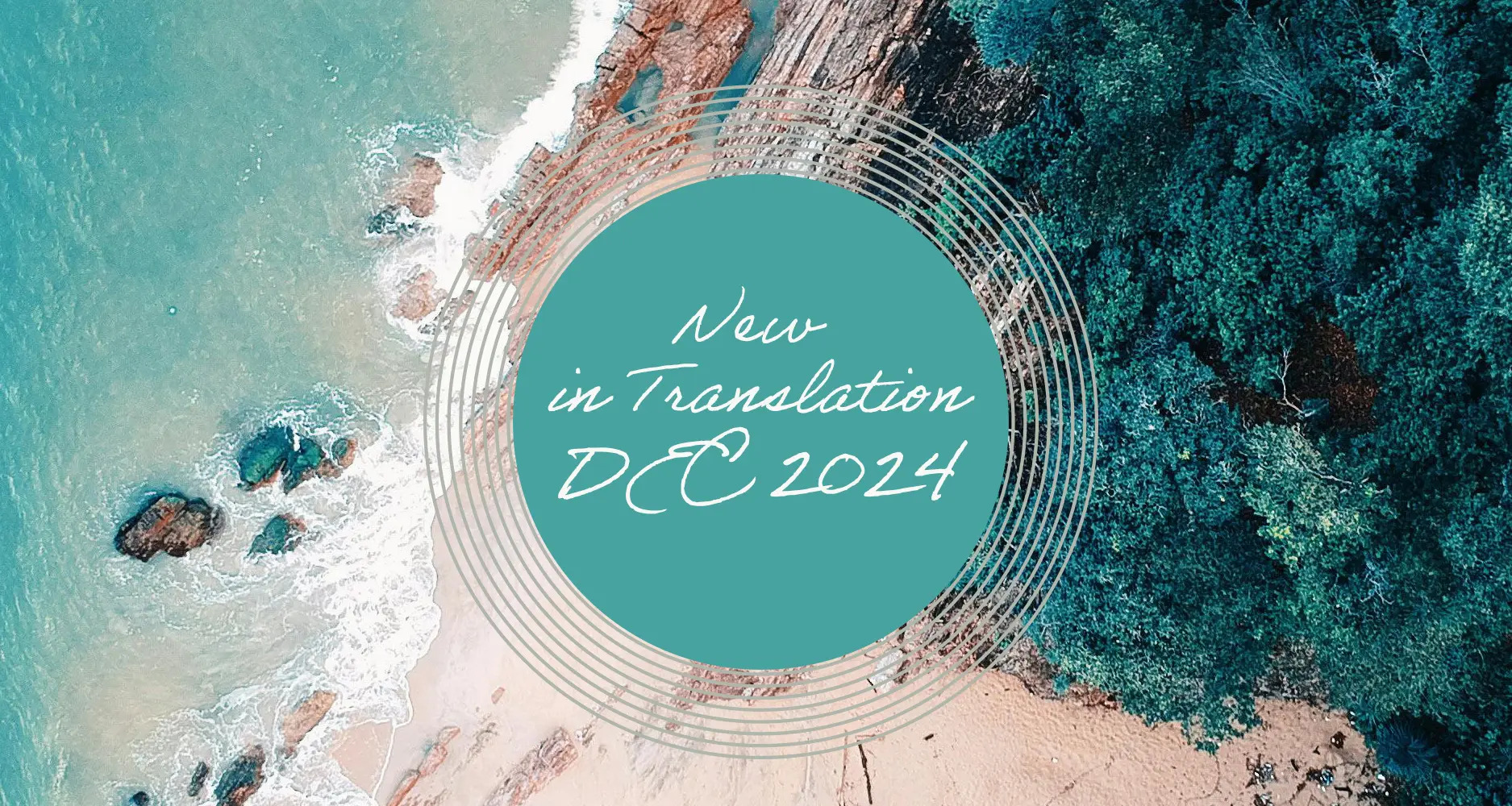
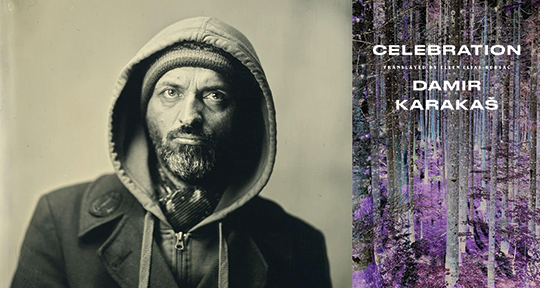
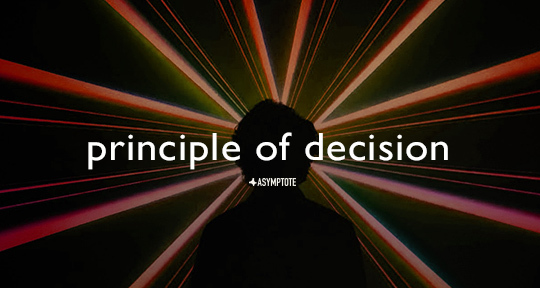
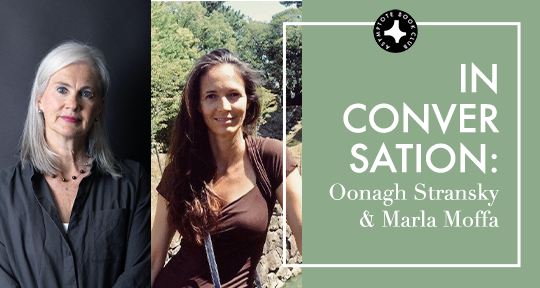
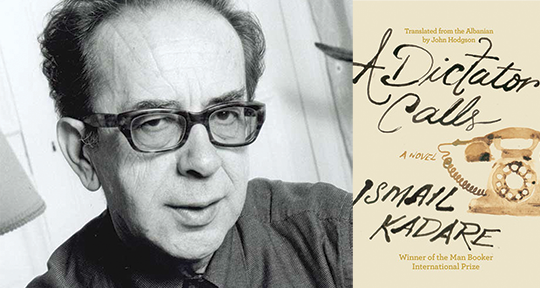
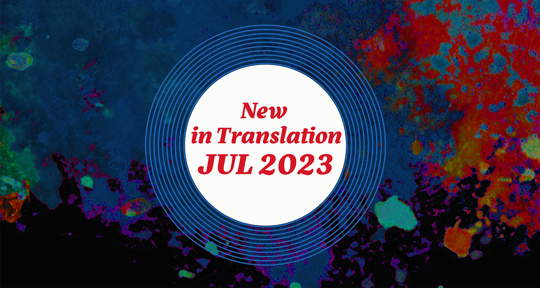
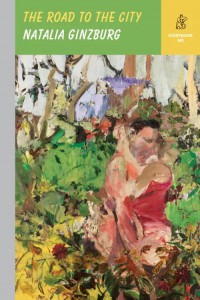
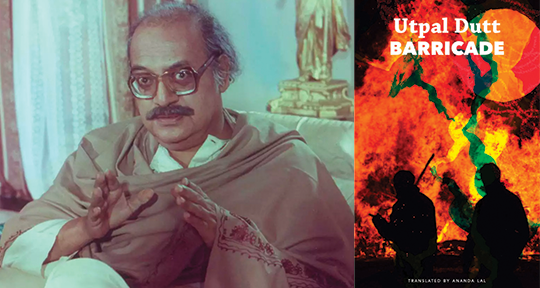
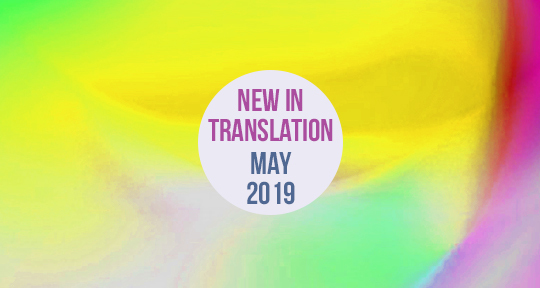

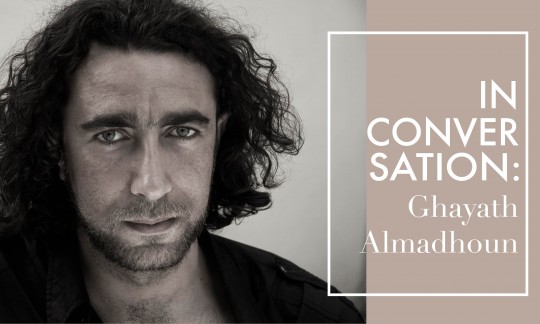
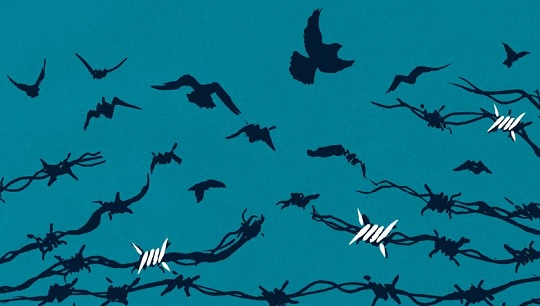
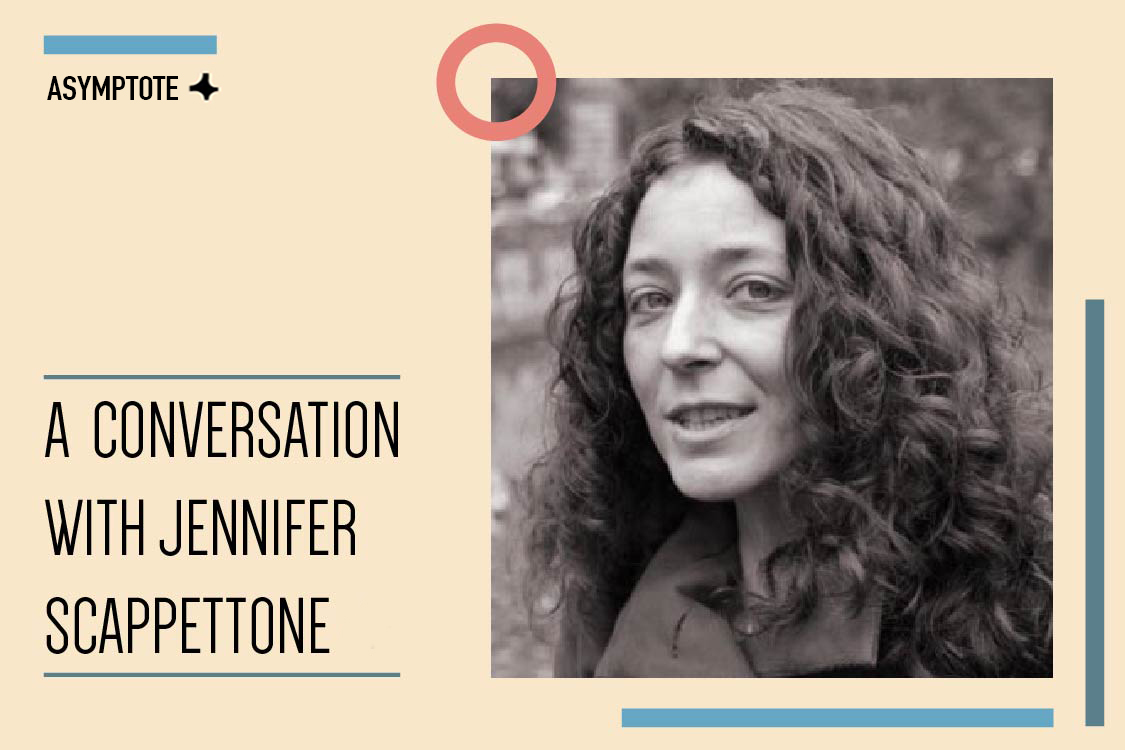
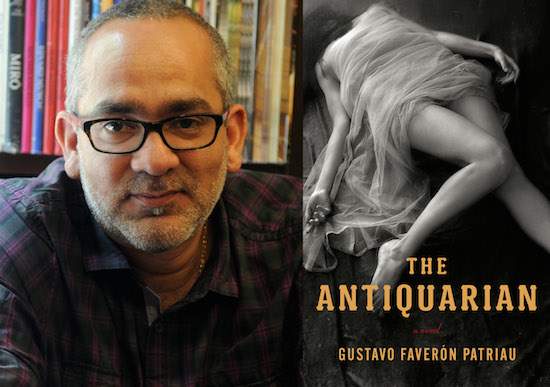
Compass and Rifle: On Roque Dalton’s Stories and Poems of a Class Struggle
No one escapes Dalton’s inquisitive pen . . .
Stories and Poems of a Class Struggle by Roque Dalton, translated from the Spanish by Jack Hirschman, Seven Stories Press, 2023
On Thursday, July 6, 2023, the inaugural day of Guatemala’s International Book Fair (FILGUA), the government of El Salvador requested organizers to exclude Salvadoran author Michelle Recinos’ Sustancia de hígado (F&G Editores) from the fair. The next day, online news outlet elfaro revealed that El Salvador’s ambassador in Guatemala had said, “It would’ve been an unpleasant thing for the government of El Salvador if this book had been a part of the fair.” Details are scarce, but presumably, this action was related to Michelle’s story Barberos en huelga, winner of the 2022 Mario Monteforte Toledo Prize, which openly criticizes sitting president Nayib Bukele’s war on gangs.
Hearing this, I can only imagine what Roque Dalton would have written about Bukele.
Roque Dalton’s Historias y poemas de una lucha de clases (Stories and Poems of a Class Struggle) dates back to 1975, and remains as timely as ever. In a time when most Central American countries are under authoritarian regimes and have experienced backslides of democracy, the life and work of Roque Dalton is at once a beacon of hope, an inspiration, and a warning sign. Historias y poemas de una lucha de clases is a book filled with courageous testimony, the poet’s typical dry humor, and bone-chilling depictions of state violence. Here, Dalton is hyperaware of the pain and plight of his compatriots, but in addition to his typical grittiness and social critique, we also find tenderness, softness, beauty, and frailty; Dalton’s acute perception is both a rifle and a compass, manifesting in words of both rebuke and encouragement.
READ MORE…
Contributor:- José García Escobar
; Language: - Spanish
; Place: - El Salvador
; Writers: - Alaíde Foppa
, - Carlos Fonseca
, - Ernesto Cardenal
, - Jack Hirschman
, - Jaime Barba
, - Julio Delfos Marín
, - Luis de Lión
, - Luis Melgar Brizuela
, - Margaret Randall
, - Michelle Recinos
, - Otto René Castillo
, - Roque Dalton
; Tags: - authoritarianism
, - Central American literature
, - class struggle
, - elfaro
, - F&G Editores
, - fascism
, - FILGUA
, - Mario Monteforte Toledo Prize
, - Salvadoran literature
, - Salvadoran poetry
, - Seven Stories Press
, - social commentary
, - social critique
, - state violence